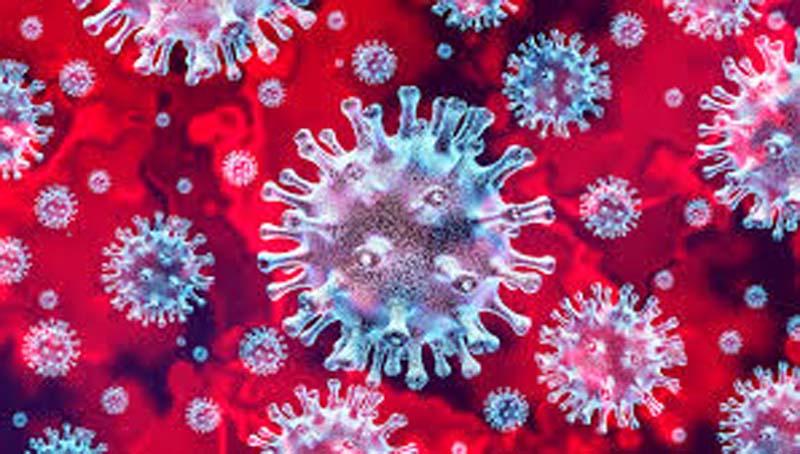Sufficient quantity sodium hypochlorite distributed
*All wards to be covered at least once: JMC Comm
Mohinder Verma
JAMMU, Mar 22: On the instructions of the Govern-ment, the Jammu Municipal Corporation and other Urban Local Bodies of Jammu region have started spray of sodium hypochlorite, which is considered as one of the chemicals to contain the spread of Coronavirus up to certain extent, on war footing basis.
Official sources told EXCELSIOR that on the directions of the Government, Jammu Municipal Corporation, Municipal Committees and Municipal Councils had placed orders for purchase of sufficient quantity of sodium hypochlorite soon after the Coronavirus affected cases started coming to the fore in different parts of the country.
Now, sufficient quantity of sodium hypochlorite, which as per the researchers is one of the effective chemicals to contain the spread of Coronavirus up to some extent, has been distributed to all the 75 Councillors of the Jammu Municipal Corporation for spray in their respective wards, they said.
Even sufficient number of spraying machines have been kept at the disposal of the Councillors so that they can get their wards disinfected by making use of this chemical, sources further said while disclosing that spray of chemical in the wards of the Jammu Municipal Corporation will begin on war footing from tomorrow.
“It has been found by the researchers that sodium hypochlorite is a strong disinfectant and can be of help up to certain level in containing spread of Coronavirus”, said Avny Lavasa, Commissioner of Jammu Municipal Corporation while confirming that all the Councillors have been asked to get their respective wards disinfected by using this chemical at least once.
In response to a question, she disclosed that Jammu Municipal Corporation has stock of sodium hypochlorite to meet the requirement of at least next one month. “The Corporation is also conducting disinfection drive of high risk areas on its own by using this chemical”, she further said, adding “priority is being given to those places where there was enough footfall of public, areas around quarantine centres, health institutions and important public buildings”.
“In high risk areas like localities around quarantine centres and in the hospitals the sodium hypochlorite is being sprayed thrice a day so that risk of spread of Coronavirus is avoided up to the possible extent”, the JMC Commissioner informed, adding “even advisory has been issued to the common masses to disinfect their homes by utilizing readily available disinfectants like bleaching powder, dettol etc as spray of sodium hypochlorite inside the houses is not advisable”.
Similarly, on the instructions of the Directorate of Urban Local Bodies, the Municipal Committees and Municipal Councils across Jammu region have started disinfection drive by spraying sodium hypochlorite.
“We have already started the drive on war footing basis and each and every Municipal Committee and Municipal Council has been provided with spray machines as well as sufficient quantity of sodium hypochlorite”, said Director Urban Local Bodies Jammu Veerji Hangloo.
“It has been found in different parts of the country that this chemical is of help up to certain extent in containing the spread of Coronavirus that is why we have started spray of sodium hypochlorite”, he said in response to a question, adding “all the Municipal Committees and Municipal Councils have been asked to chalk out areas wise plan for carrying out disinfection drive”.
However, the Jammu Municipal Corporation Commissioner Avny Lavasa and Director Urban Local Bodies Veerji Hangloo have appealed the people not to consider the spray of sodium hypochlorite as complete protection from the Coronavirus and continue to strictly adhere to the advisories issued by the Government from time to time as prevailing situation is not advisable to show any sort of slackness in taking precautionary measures.
Sources said that the disinfection drive will also go a long way in minimizing the risk of malaria and dengue in the coming months of summer.


